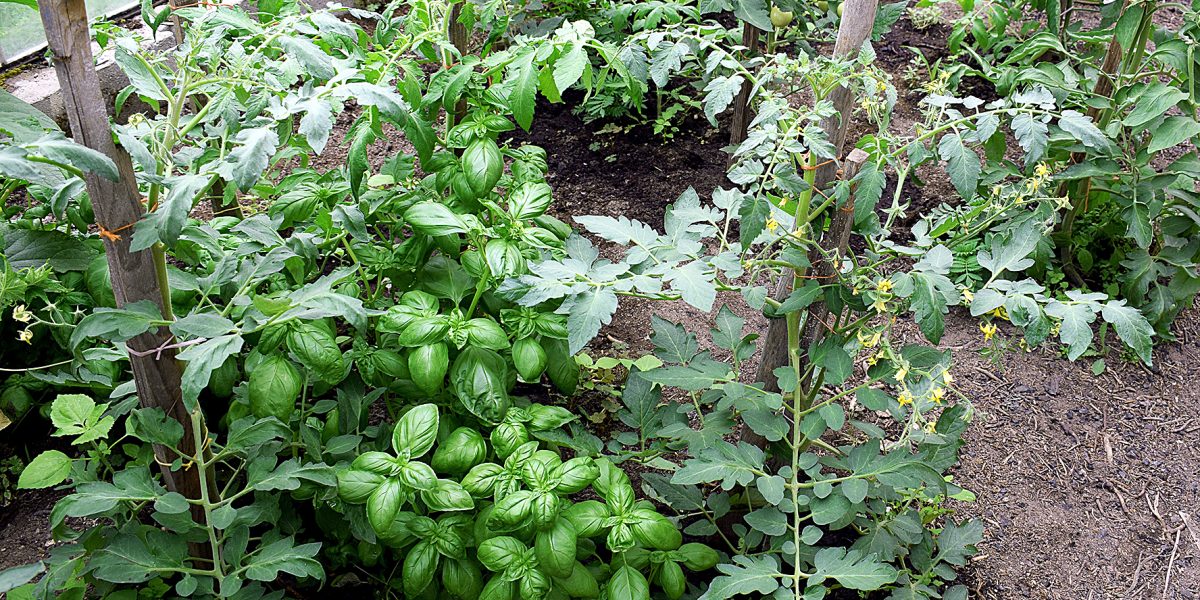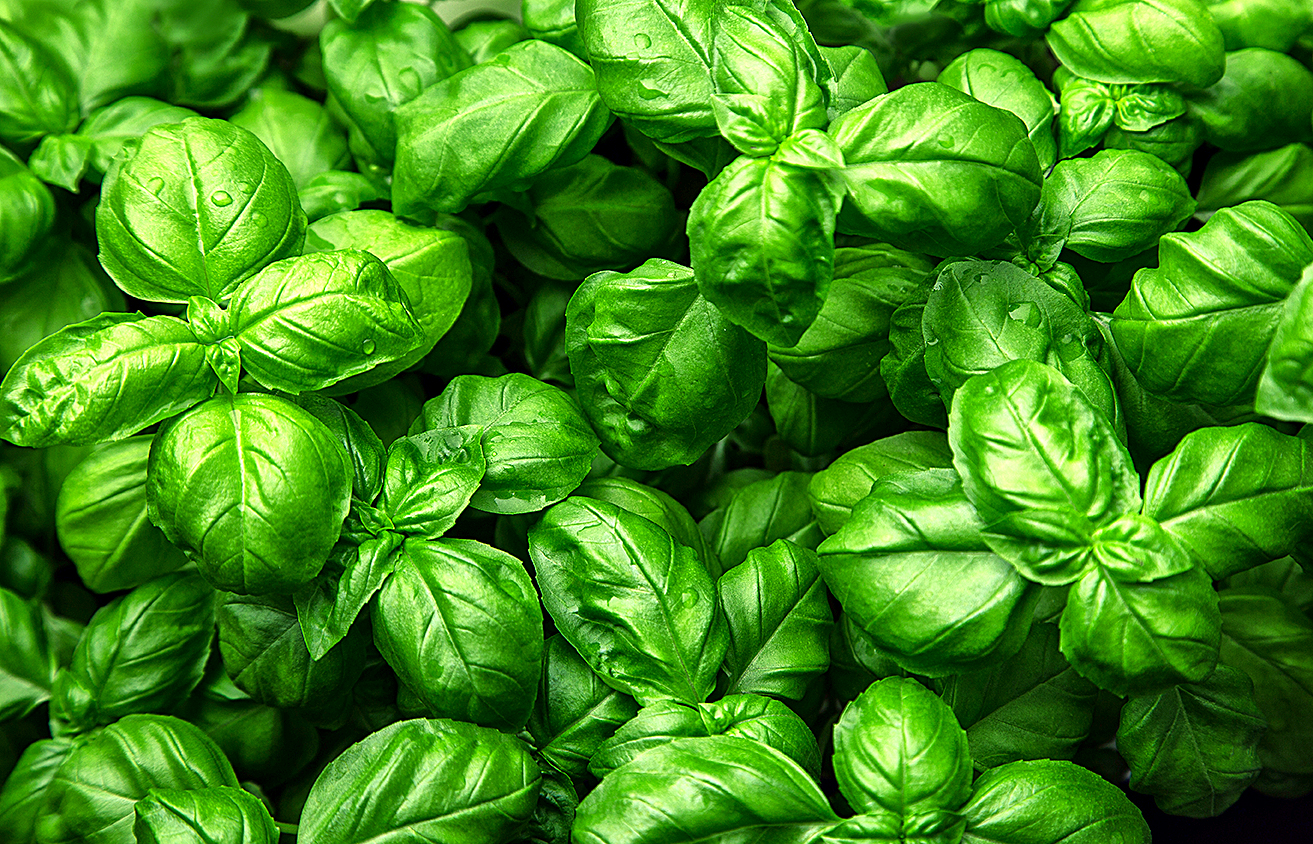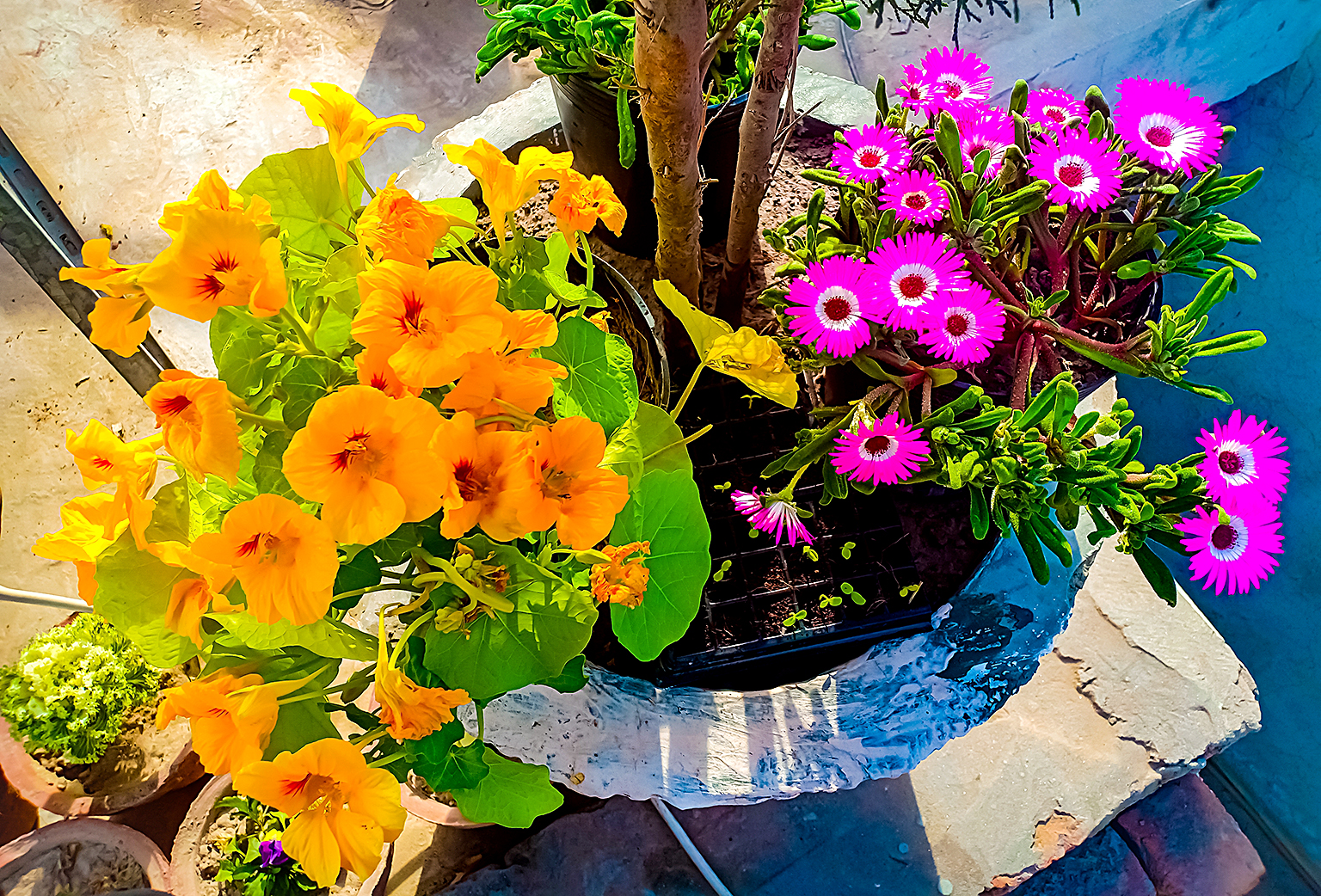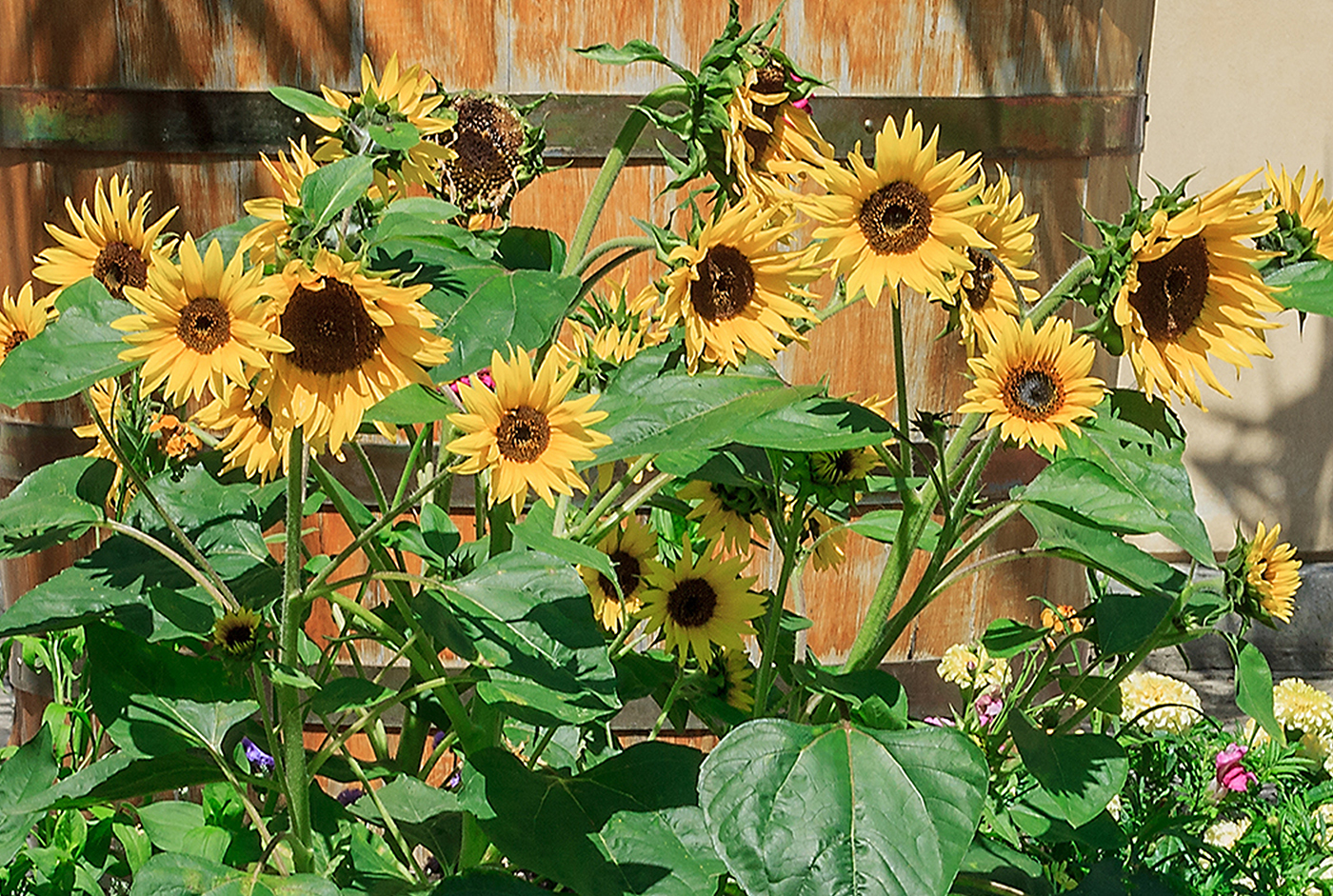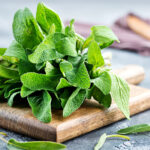Companion plants are enjoying a bit of a revival as gardeners seek out alternatives to treat pest infestations while inviting the wanted garden guests, beneficial to a successful growing season. Companion plants work hard to keep your plants healthy and, in some cases, add ornamental value as well! They come in many different forms and can be incorporated into any garden.
Have a look at a few of the many companion plants you can add to your garden this season!
Vegetables
Garlic
Beets
Three Sisters
Corn provides climbing support for the beans.
Beans fix nitrogen in the soil, benefiting the corn and squash.
Squash covers the ground and serves as a mulch protecting the roots of all the plants.
Herbs
Basil
Nasturtium
Dill
Annuals and Perennials
Many annuals can be mixed in with vegetables to attract pollinators. They add a splash of color to the garden and have a distinct aroma that keeps bugs at a safe distance. Learn more about annuals and perennials
Marigold
Sunflowers
Bee Balm
Petunias
Chrysanthemums
Below the Surface
Some companion plants can help with improving the soil. Members of the legume family, like Peas or Beans, can fix nitrogen in the soil. Simply let them grow and dieback, then till them under or add them to your compost pile/bin. Other plants that can help improve your soil’s health include Clover, Caraway, and Borage.
As with any planting, review what you’re going to plant and plan what companion plants would best suit their needs. There are certain combinations that should be avoided to prevent unwanted crosspollination or reduced yields. Do your research and find what will work for you! Reach out to local garden groups or extension offices for more help or visit the library, in person or online!

